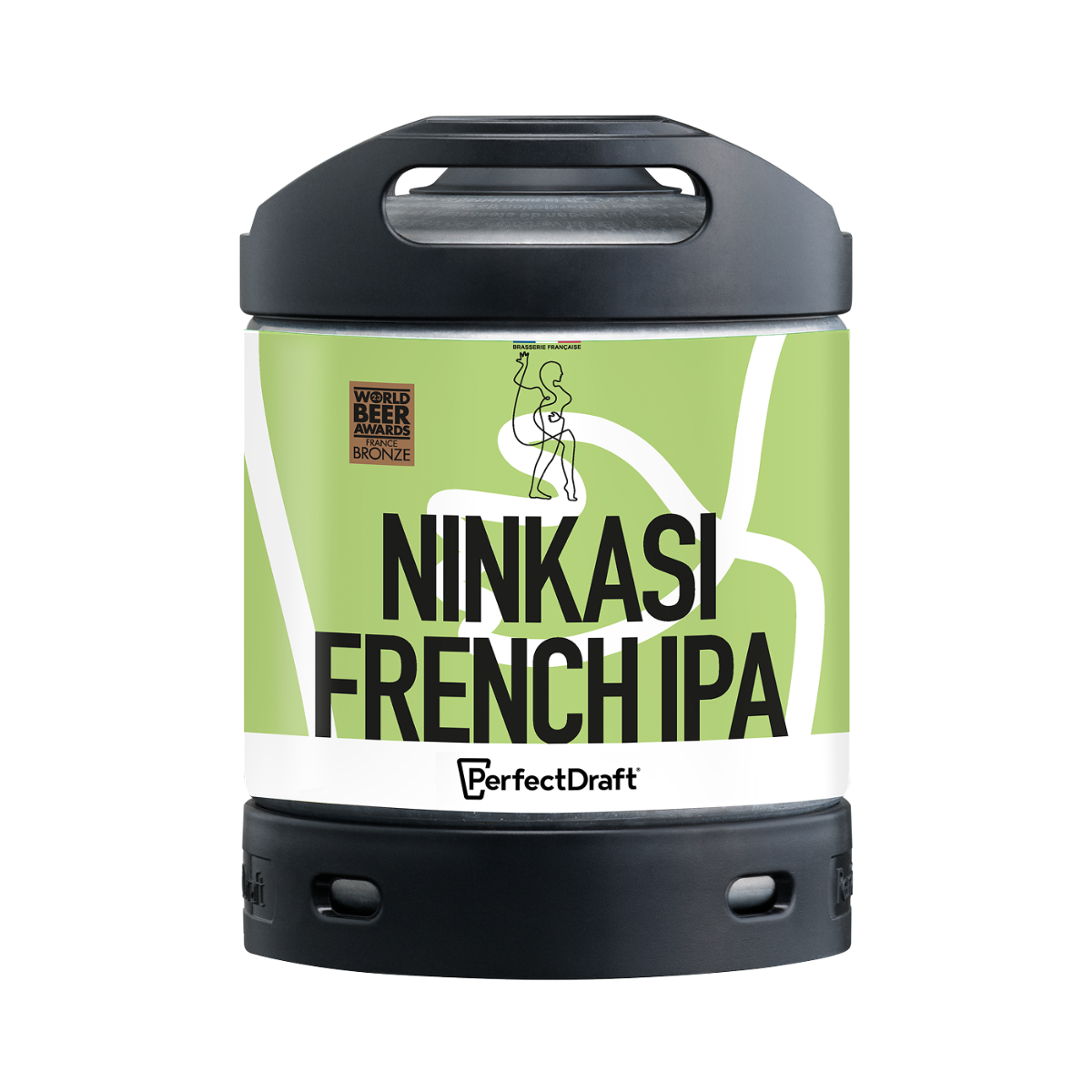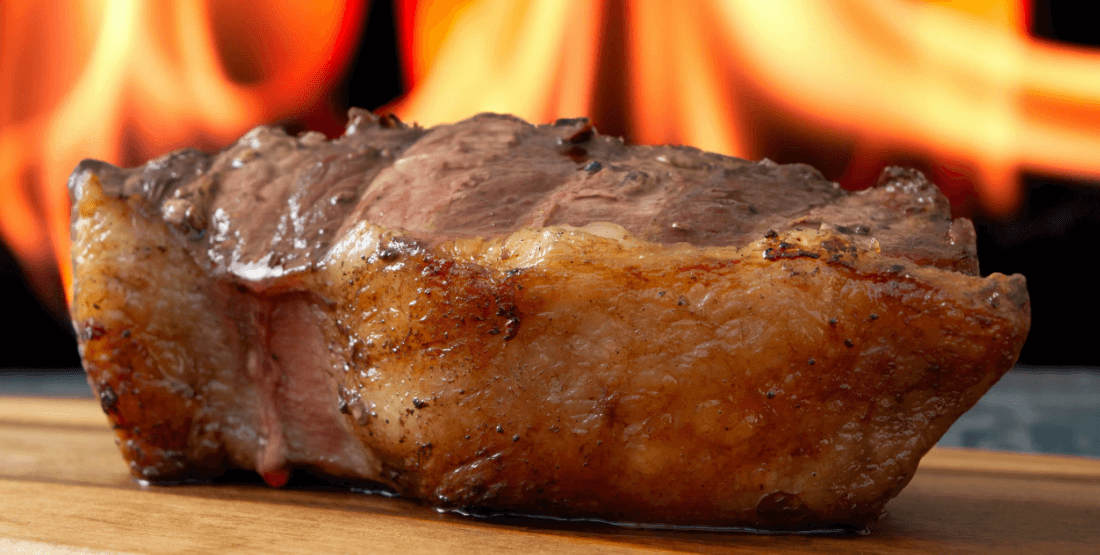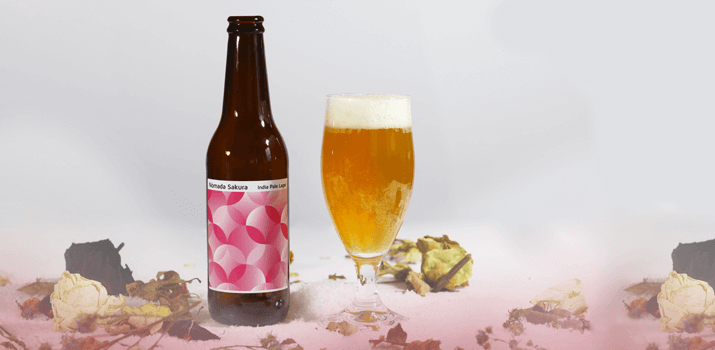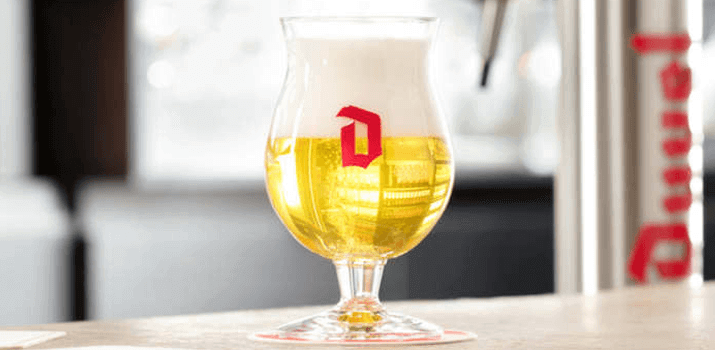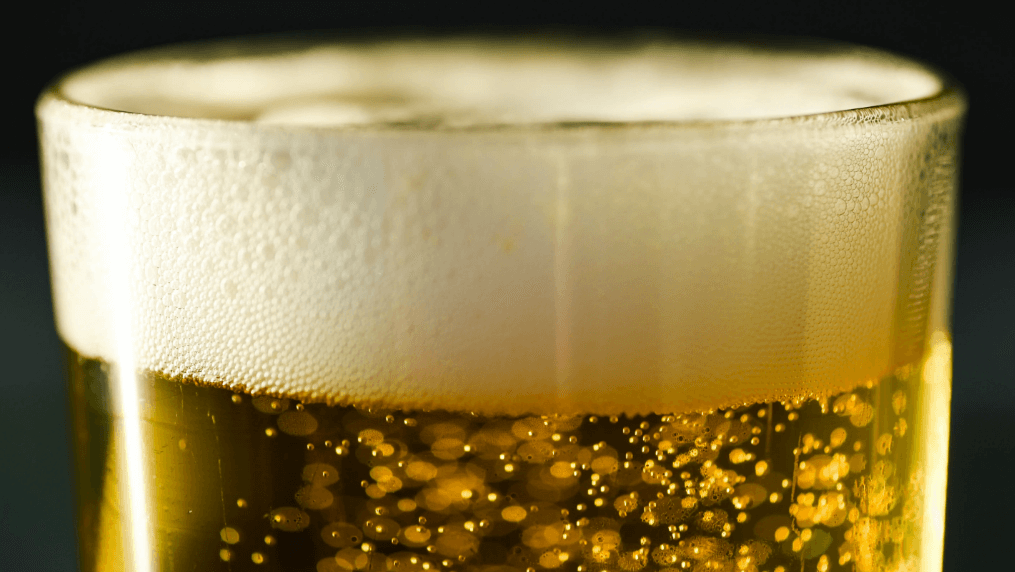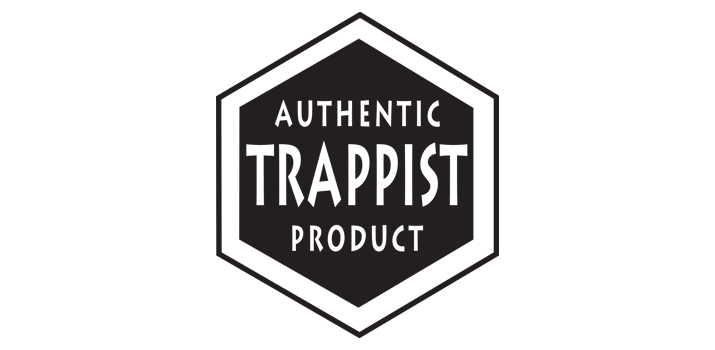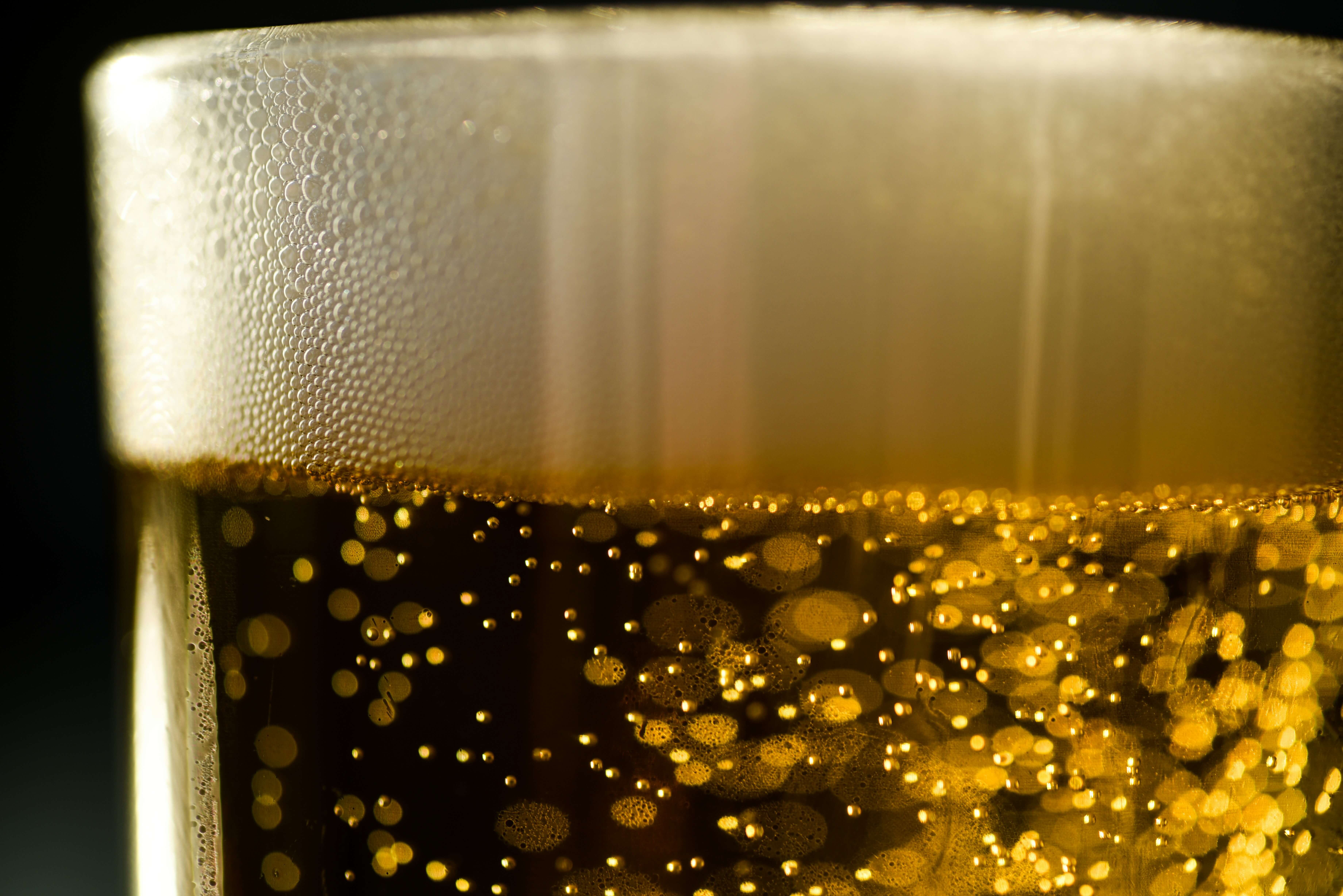
While some describe it as being “in the air,” others see it as a growing awareness—but one thing is certain: the animal cause is increasingly under the spotlight.
The animal cause
If you’ve been following the topic, you may know that as of October 1, 2022, certain product names are now restricted in France. Plant-based products can no longer be labelled using terms such as “steak,” “sausage,” or any name that might suggest a link to meat or fish.
This legal shift responds to a growing market and the concerns of professionals in the meat and fish industries, who argue that such naming conventions could mislead consumers. This request had been under discussion for several years and is now being enforced. To avoid waste, products labelled before the October decree may still be sold until December 31, 2023.
So why are we talking about this in relation to beer? Because some products may seem completely unrelated to animal products—until you take a closer look. Yes, beer is sometimes part of the conversation.

Fish in beer
You may have always believed that beer only contains yeast, malt, water, and hops (and perhaps sugar, flowers, fruit, or other flavourings). But not all beers are vegetarian or vegan. Why? Because of sturgeon—and not only sturgeon.
Don’t worry, you won’t find a floating fish steak in your pint. It’s much more subtle than that. Some brewers use a product called isinglass, derived from the swim bladder of fish such as sturgeon, to clarify beer. This substance acts like a fining agent, attracting and binding impurities that are then removed from the beer. Isinglass is soluble in water and insoluble in alcohol, making it ideal for the process.
Another fining technique involves boiling fish heads, bones, and skins to produce a glue-like substance. The result is then dehydrated and ground into a fine powder. This powder helps impurities settle at the bottom of fermentation tanks, simplifying the clarification process.

Sound excessive? Perhaps—but it’s entirely legal, and brewers are not required to list isinglass on their ingredient labels. Similar techniques are also used in winemaking, although alternatives like gum arabic (a plant-derived thickener with the ingredient code E414) do exist.
If you want to make sure your beer is vegan, your best bet is to contact the brewery directly. In the meantime, here are a few vegan-friendly beer references to explore: Ch'ti Triple, Jade Grenade, La Débauche – Big Boy, Sainte Cru – Tempête du Désert, and Triple Secret des Moines. And that’s just the beginning—many more options are available!
Read other articles about beer : The India Pale Ale trend and The ideal beer tasting.

